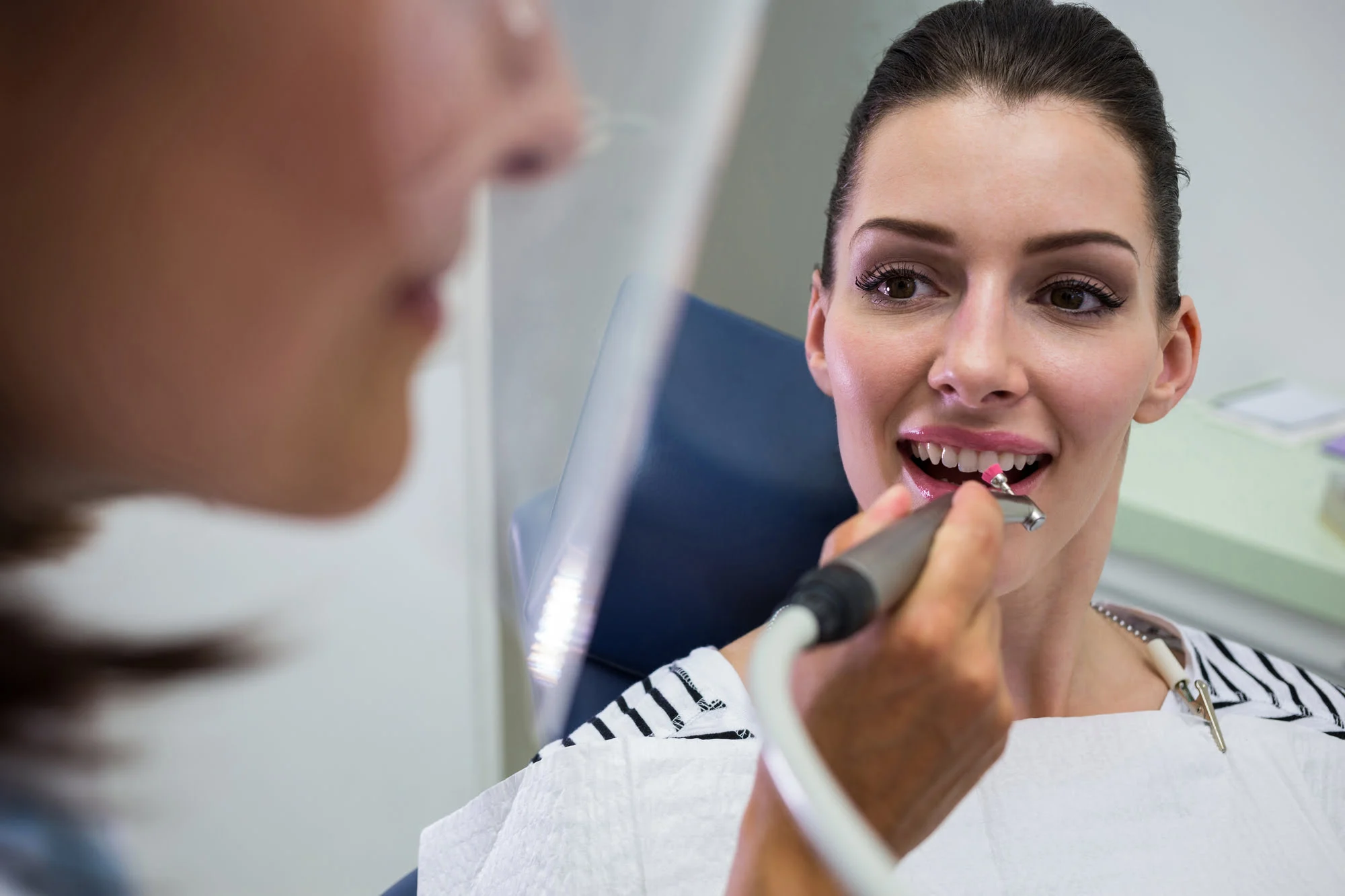Bruxism is the involuntary grinding, gnashing, and clenching of teeth when awake or asleep. It affects people of all ages and may or may not have symptoms. If left untreated, bruxism can cause jaw muscle pain, neck pain, tooth wear, and tension headaches. Bruxism therapy is a combination of helpful approaches that can help to eliminate the sleep-related movement disorder.

Here is a list of the best bruxism therapy techniques:
Dental Treatments
A dental professional can suggest one of these three ways to treat bruxism depending on your specific needs:
Mouth Guards
Mouth guards are dental appliances that cover teeth on the upper or lower jaw and are often recommended for treating sleep bruxism. That said, a mouth guard can also help reduce the effects of temporomandibular joint disorder.
Your dentist will take your dental impressions to fabricate a custom laboratory mouth guard and recommend that you wear it at night to prevent teeth grinding.
The NTI Device
The Nociceptive Trigeminal Inhibition Tension Suppression System (NTI-TSS), simply known as NTI is a small plastic device that a dentist can recommend to combat nocturnal bruxism and TMJ disorders.
Unlike a mouth guard which covers all teeth, the NTI device fits on top of the front incisors, keeping the jaw open, and preventing them from grinding against the lower teeth.
This device is also highly recommended for people who resort to teeth-clenching behavior when they experience stress and anxiety.
Occlusal Splints
Occlusal splints, also known as night guards, assist in preventing tooth grinding and alleviating symptoms of many temporomandibular disorders.
A custom-fitted splint helps to separate teeth and limit jaw movement. It is often recommended to prevent sleep bruxism episodes but people dealing with awake bruxism can also benefit from an occlusal splint.
Lifestyle Changes
Oral health experts have pointed out that bruxism is often diagnosed in people with sleep disorders like sleep apnea and insomnia. Additionally, people who experience nervous tension such as anxiety, depression, anger, and frustration also tend to develop bruxism. By tackling these risk factors you can manage bruxism and perhaps get rid of it completely.
Here are the lifestyle approaches that can help in treating bruxism:
Relaxation Therapy
Relaxation techniques such as meditation, talk therapy, and sleep hygiene can help resolve psychological or psychosocial factors that may be causing bruxism episodes.
Behavior Changes
Once you’ve been diagnosed with bruxism, it’s best to cut down on alcohol, cigarettes, caffeine, and sedatives. These behavior changes will limit sleep disruptions and anxiety symptoms and consequently lead to fewer bruxism events.
Bruxism Exercises and Massage
Bruxism exercises include neck and shoulder massages and a variety of jaw stretching exercises. Physical therapy techniques not only help to counter awake and sleep bruxism triggers and relax jaw muscles but they also relieve muscle tension providing instant pain relief.
Medications
For severe bruxism, your doctor may suggest specific treatments that may include:
Treating Underlying Conditions and Disorders
Treating underlying conditions like gastroesophageal reflux disease and sleep-related disorders like obstructive sleep apnea can help improve sleep bruxism.
Botox Injections
Your doctor may recommend Botox injections in the form of botulinum toxin into the masseter muscles of the jaw to help stop the unconscious jaw clenching and teeth grinding. However, it’s mostly prescribed for treating severe bruxism or helping people who don’t respond to other treatments.
Muscle Relaxants
Taking muscle relaxants before sleep may help reduce muscle activity and prevent sleep bruxism.
Contact Dixon Dental Center for Quality Bruxism Therapy
Don’t let teeth clenching and grinding destroy your teeth and interfere with your sleep. At Dixon Dental Center, we can match you with the right bruxism therapy to treat tooth wear damage, relieve jaw pain, and protect your teeth. Schedule an appointment with us to get started.
